The Albanian version of communism is considered one of the most isolated and brutal dictatorships of the second half of the 20th century. The regime under Enver Hoxha not only placed every layer of society under strict control, but also pursued total cultural and ideological isolation—according to many, even surpassing Stalinist or Maoist systems in severity.

Our collaboration aims to ensure that all this does not fade into obscurity. Instead, through scientific research and joint efforts, we want the information to reach broader segments of society,
Rajmund Fekete, director of the Hungarian institute told Magyar Nemzet.
Communism Is Not Dead, It Just Transformed
During the event in Budapest, the Hungary's Institute for the Research of Communism signed a cooperation agreement with Celo Hoxha, head of the Albanian Institute for the Study of Communist Crimes (ISKK).
The agreement was signed on Wednesday by directors Maria Schmidt and Celo Hoxha,
said Fekete, adding that the goals include sharing research results, supporting academic training, and organizing joint exhibitions and conferences.
According to the director of the Hungarian institute, it is especially important for Central and Eastern European countries, who experienced both communist and Nazi dictatorships firsthand, to amplify their voices through cooperation.
We, who have endured both totalitarian regimes, know where we came from. More than three decades ago, we made decisions about our own future accordingly. We wanted to be free and independent. And we proved that nation is more important than social class. But this comes with a great responsibility—especially in a Europe where the Western half doesn’t know the price or meaning of freedom, doesn’t understand the true face of dictatorship, and doesn’t value its national heritage and identity,
he said.
Woke Ideology Is Same Old Oppression in New Clothing
According to Fekete, the ideals of communism have found fertile ground in the West, where today its advocates have conquered universities, intellectual circles, public opinion, and parts of the political sphere.
In part for this reason, he added, the Western world still shrugs indifferently at discussions about the crimes and suffering caused by communism.
Many are undisturbed by the atrocities of communism. As an example, he mentioned how, last October, during a European Parliament session in Strasbourg when the Hungarian EU Presidency program was to be presented, left-wing MEPs protested Hungarian Prime Minister Viktor Orban by singing the partisan communist anthem “Bella Ciao” with raised fists. He also recalled Jean-Claude Juncker, as President of the European Commission, unveiling a statue of Karl Marx.
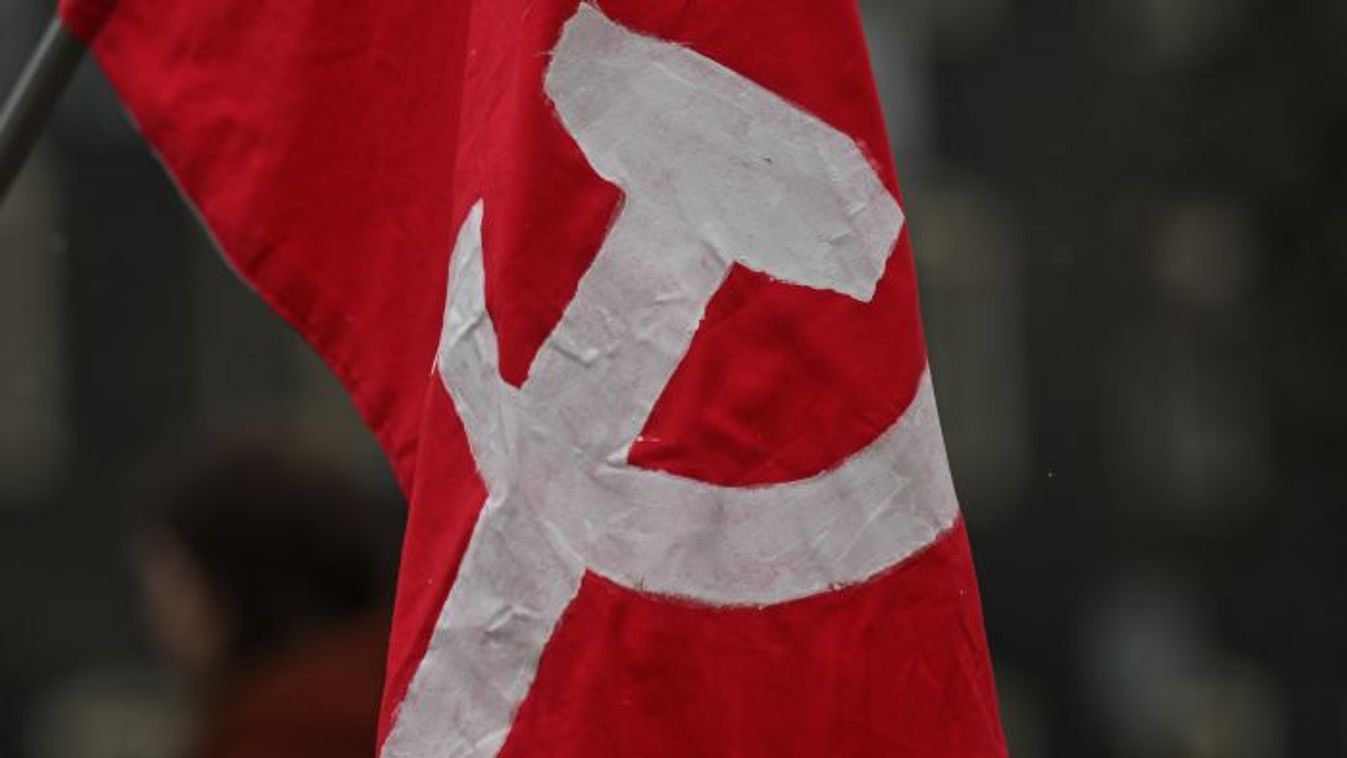





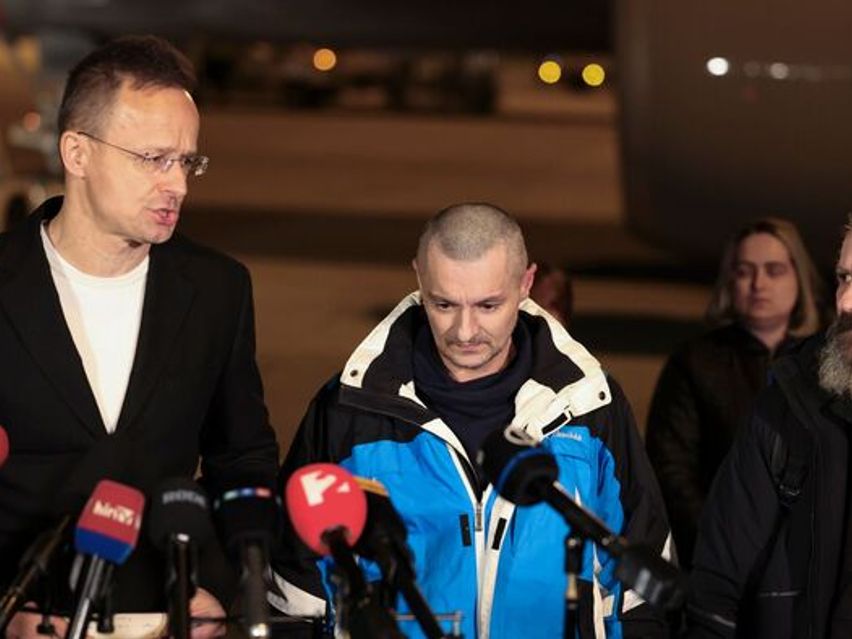


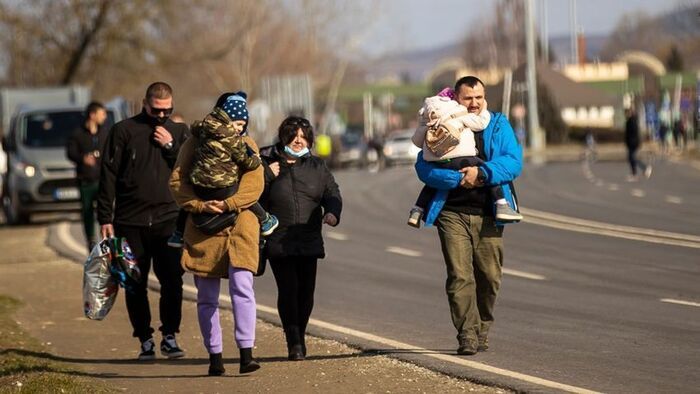






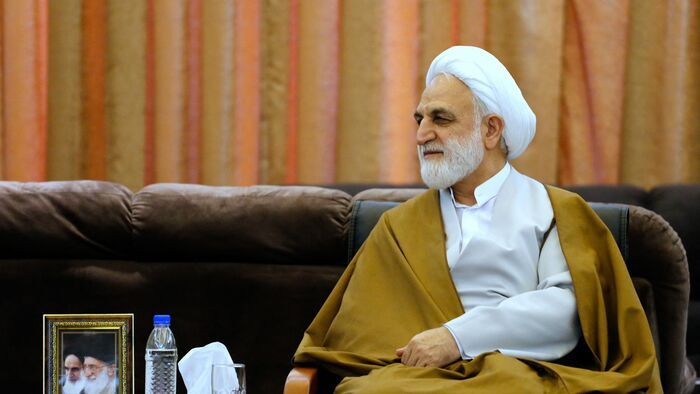
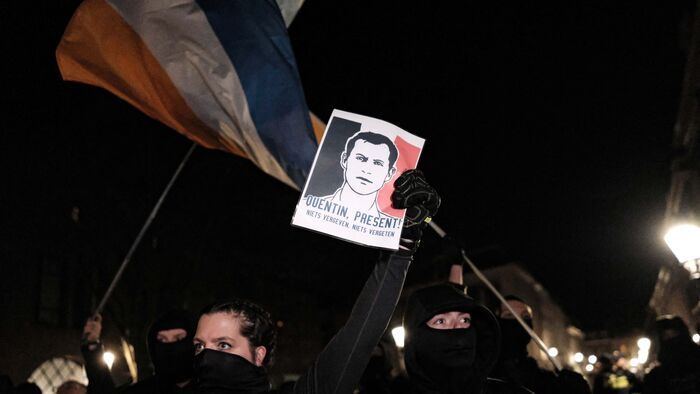





Szóljon hozzá!
Jelenleg csak a hozzászólások egy kis részét látja. Hozzászóláshoz és a további kommentek megtekintéséhez lépjen be, vagy regisztráljon!